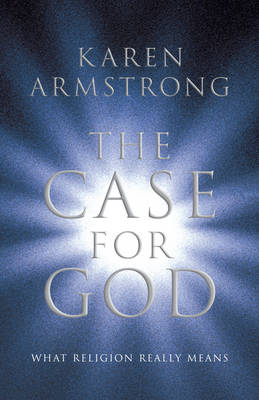The enormous popularity of books by Richard Dawkins, Christopher Hitchens, Sam Harris and others shows that despite the religious revival that is under way in many parts of the world, there is widespread confusion about the nature of religious truth. For the first time in history, a significantly large number of people want nothing to do with God. In the past people went to great lengths to experience a sacred reality that they called God, Brahman, Nirvana or Dao; indeed religion could be said to be the distinguishing characteristic of homo sapiens. But now militant atheists preach a gospel of godlessness with the zeal of Christian missionaries in the age of faith and find an eager audience. What has happened? Karen Armstrong argues that historically atheism has rarely been a denial of the sacred itself but has nearly always rejected a particular conception of God. During the modern period, the Christians of the West developed a theology that was radically different from that of the pre-modern age. Tracing the history of faith from the Palaeolithic Age to the present, Armstrong shows that until recently there was no warfare between science and religion.
But science has changed the conversation. The meaning of words such as belief, faith, and mystery has been entirely altered, so that atheists and theists alike now think and speak about God - and, indeed, reason itself - in a way that our ancestors would have found astonishing. Why has the modern God become incredible? Has God a future in this age of aggressive scientific rationalism? Karen Armstrong suggests that if we draw creatively on the insights of the past, we can build a faith that speaks to the needs of our troubled and dangerously polarized world.
- ISBN13 9781847920348
- Publish Date 2 July 2009
- Publish Status Out of Print
- Out of Print 18 September 2015
- Publish Country GB
- Publisher Vintage Publishing
- Imprint The Bodley Head Ltd
- Format Hardcover
- Pages 384
- Language English
